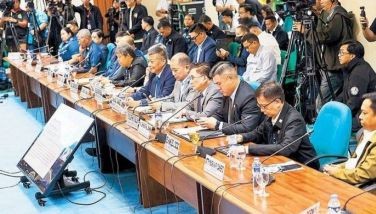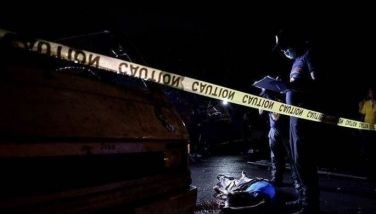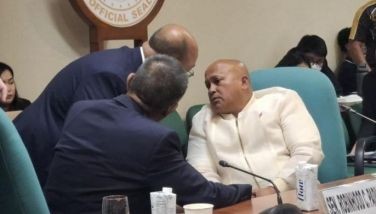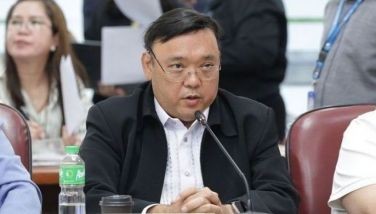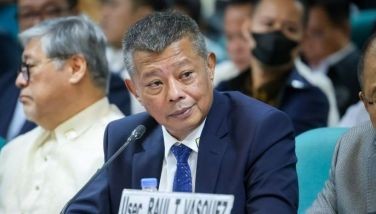The politics of water

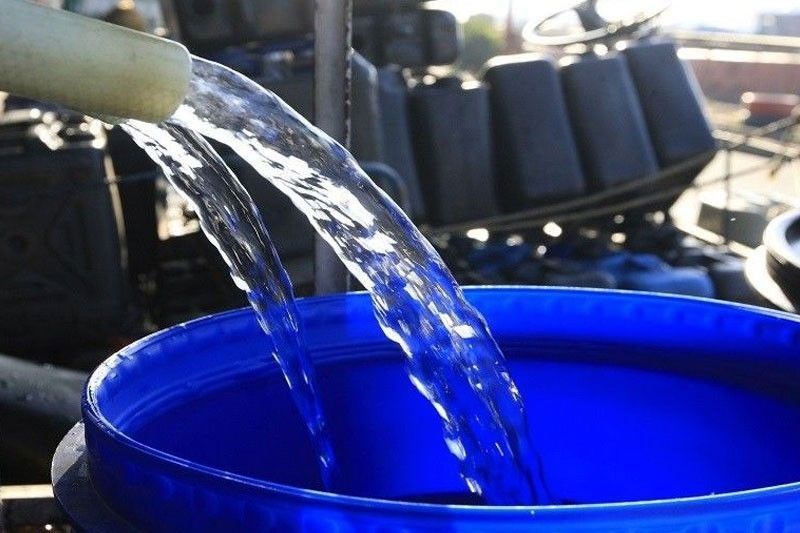
The Local Water Utilities Administration (LWUA) is a government-owned and controlled corporation mandated by law to promote and oversee the development of water supply systems in provincial cities and municipalities outside Metro Manila.
Its functions include regulating the operations of water districts, including setting of proper water rates, as well as financing water supply projects.
Recently, it announced that it is embarking on a five-year program to expand water supply and sanitation services in the country.
Estimated to cost P24 billion, the Patubig Para sa Buong Bayan at Mamamayan (PBBM) includes around 800 water and sanitation infrastructure projects that would benefit 2.7 million Filipinos nationwide.
In many of his policy speeches, President Marcos has expressed concern over our water situation and has promised his administration is committed to addressing this problem.
Local water districts are supposed to be autonomous from the local government units. Under PD 198 or the Provincial Water Utilities Act of 1973, once formed through the enactment of a resolution of the legislative body of a province, city or municipality, a local water district is not under the jurisdiction of any political subdivision. It is only LWUA which is authorized to oversee these local water districts.
Pursuant to PD 198, the only influence mayors and governors have over water districts is the appointment of directors and the approval of resolutions to form water districts.
Unfortunately, the availability of potable water especially is something that LGU heads cannot ignore, making the operation of water districts a very political one.
Take the case of Cebu City.
The Metropolitan Cebu Water District (MCWD) estimates that Cebu City alone has a supply deficit of 250 million liters per day (MLD) and this situation is expected to worsen with the onset of the El Niño phenomenon.
On Oct. 31, it was reported in the papers that Cebu City Mayor Michael Rama has appointed three new board members for MCWD. These appointments came following graft and corruption allegations involving the previous board members.
The newly appointed directors are Aristotle Batuhan, Nelson Yuvallos and Melquiades Feliciano. They will be taking the place of MCWD chairman Jose Daluz III, Miguelito Pato and Jocelyn Mae Seno.
But Daluz has refused to vacate his post saying that the mayor failed to follow what PD 198 provides, which is directors may only be removed for cause, subject to review and approval by LWUA. He maintains that Rama has no authority to remove him.
This has made Rama furious over Daluz’s refusal to vacate his office, especially due to his alleged failure to address Cebu City’s water problems.
To prevent a water crisis, the LWUA board of trustees decided to take action as part of its mandate as the primary regulatory body of the country’s local water utilities. As early as Sept. 28, it passed Board Resolution 35 where they agreed that LWUA should partially intervene in the MCWD operations for six months. All BOT members except for LWUA administrator Vicente Revil voted in favor of the said resolution.
The resolution has the effect of suspending Daluz and the entire MCWD board for a period of six months and allowing the LWUA board to name temporary replacements. This would have also allowed MCWD stakeholders including the Cebu City government to name permanent replacements for Daluz and the members of the board within six months.
But despite the resolution having been approved by the board, it has not been issued because not everyone in the board has signed.
According to sources, LWUA chairman Ronnie Ong has reprimanded board secretary Danilo Beleno Jr. for pulling out the resolution while it was being routed for signature by the other members of the board without Ong’s consent.
Beleno meanwhile has reportedly accused Ong of physically attacking him, which Ong quickly denied.
In a four-page show cause order dated Oct. 19, 2023, Ong demanded that Beleno and fellow board secretary Stephanie Claire Rojas submit a written explanation as to why they should not be subject to disciplinary measures and administrative penalties for pulling out Resolution 35 without clearing it first with the chairman.
“Your act of pulling out Board Resolution 35 without my knowledge, consent, or approval reeks of bad faith, insubordination, and gross misconduct. The Board Resolution was passed through a valid meeting of the members of the LWUA BOT, and approved by a majority vote of the same. Truthfully, you did even have a semblance of authority to pull out Board Resolution 35. In fact, I only found out through other means that Board Resolution 35 was pulled out from DPWH, and this was kept secret by your office,” the order said.
The order further said: “It is obvious that the surreptitious manner of pulling out such Board Resolution, and not informing me of such before it was pulled out, was to undermine the authority of the Office of the Chairman, and the sitting Board of Trustees of this agency. These grave offenses are not only disrespectful to the members of LWUA BOT, but go directly against the values being upheld by the LWUA itself.”
There are those who are saying that someone must have ordered Beleno and Rojas to act in such a way. Could it be someone within LWUA who does not agree with the resolution?
Meanwhile, while things are heating up at LWUA, the same is happening in Cebu. Daluz claims that Rama simply wants to privatize MCWD.
But Rama insists that there was a clear recommendation from the Ombudsman, City Legal Office, and all investigating bodies for the removal and termination of the concerned parties.
Back in June, the former city legal office chief and now acting budget and finance officer Jerome Castillo recommended the removal of Daluz, Pato and Seno from MCWD. The recommendation stemmed from a petition filed by the MCWD employees union as it expressed concern over the water district’s declining income and inability to meet the water needs of its customers.
There are at least 584 water districts that have been set up by LWUA in 691 cities and towns outside Metro Manila. Many provincial customers have been complaining about the high cost of water and inefficient operations of their respective water districts. Maybe it’s high time that LWUA’s mandate be subject to a thorough review.
For comments, e-mail at mareyes@philstarmedia.com
- Latest
- Trending

























